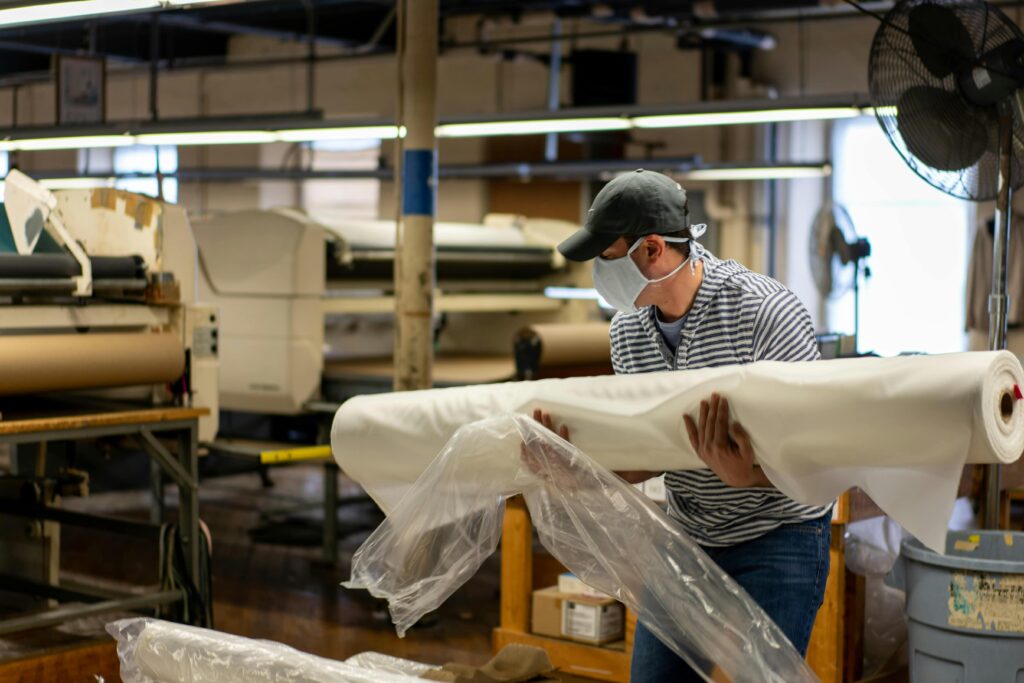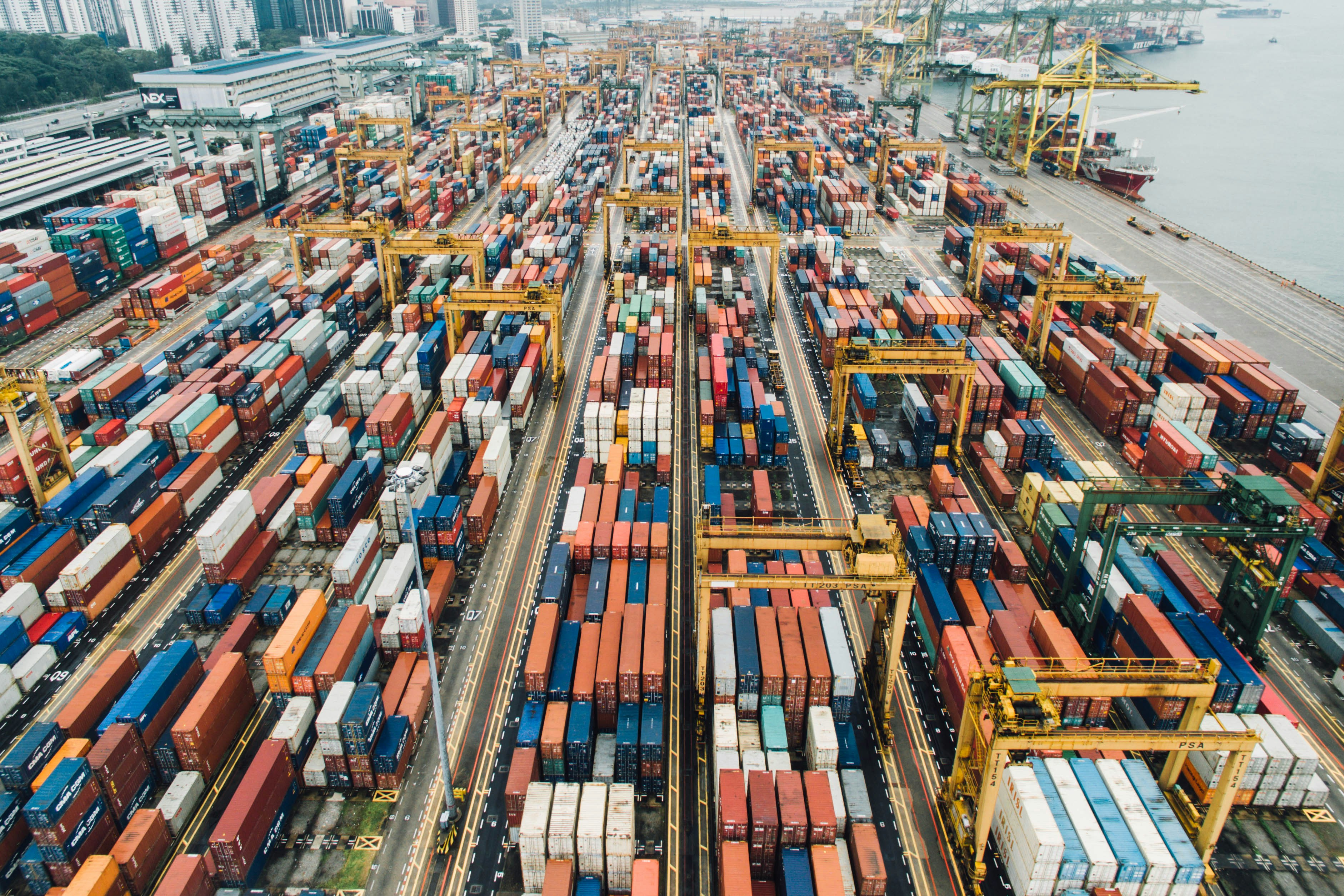
Have you ever wondered how your smartphone reaches you from a factory thousands of miles away? Or how grocery stores restock shelves like clockwork every morning? The answer lies in a powerful, invisible force that keeps the world running: Supply Chain Management.
Whether you’re a curious student, a business owner, or a working professional, understanding supply chain management (SCM) isn’t just a niche interest anymore, it’s essential knowledge in a connected, global world.
In this guide, we’ll unpack the basics of SCM, why it matters more than ever, and how it’s rapidly evolving in 2025 and beyond.
What is Supply Chain Management?
At its core, Supply Chain Management is the art and science of managing the flow of goods and services from raw materials to finished products across manufacturers, warehouses, logistics providers, retailers, and ultimately, to you the end consumer.
It involves planning, sourcing, production, inventory, transportation, and delivery. Done right, SCM lowers costs, increases efficiency, and boosts customer satisfaction.
Think of it like this:
Supply Chain = Everything it takes to make and move a product.
SCM = The strategy and coordination to make it efficient, affordable, and sustainable.
Why Supply Chain Management Matters More Than Ever

We live in a world where speed, convenience, and availability are everything. Whether it’s same-day Amazon delivery or sourcing vaccine components across continents, SCM is behind the scenes making it all happen.
Here’s why it’s become more crucial than ever:
1. Globalization
Businesses today source raw materials from one continent, manufacture in another, and sell across the globe. SCM makes this complex web run smoothly.
2. E-commerce Boom
Online shopping has created an urgent need for fast, reliable delivery systems, warehousing solutions, and last-mile logistics.
3. Crisis-Proofing
From COVID-19 disruptions to geopolitical tensions, SCM strategies are key to building resilient, risk-proof supply chains.
4. Customer Expectations
Today’s consumer doesn’t just want fast delivery they want transparency, real-time tracking, and sustainability.
The Building Blocks of a Supply Chain
Let’s break down a modern supply chain into 5 key stages:
1. Planning
Forecasting demand, managing resources, and creating a strategy that balances cost, efficiency, and timelines.
2. Sourcing
Selecting and managing suppliers of raw materials and components. Includes vendor negotiation, pricing, contracts, and compliance.
3. Manufacturing
Turning raw materials into finished goods. This step includes production scheduling, quality control, and packaging.
4. Logistics & Distribution
Warehousing, inventory management, transportation, and order fulfillment. This is where third-party logistics (3PLs) come in.
5. Returns & Reverse Logistics
Handling product returns, recycling, refurbishing, or disposal often overlooked but crucial for customer satisfaction and sustainability.
Real-Life Example: The Supply Chain Behind a Simple T-Shirt

- Cotton grown in India
- Dyed and spun in Bangladesh
- Stitched into garments in Vietnam
- Shipped to Europe for distribution
- Sold online and delivered to your doorstep in 3 days
Every step involves dozens of suppliers, contracts, transport routes, and inventory decisions. SCM ensures it all happens on time and on budget.
SCM vs. Logistics – What’s the Difference?
People often use these terms interchangeably, but there’s a key distinction:
- Logistics is a part of the supply chain. It focuses on the movement and storage of goods.
- Supply Chain Management is the broader discipline. It involves strategy, planning, relationships, optimization, and technology.
Think of logistics as the engine, and SCM as the driver controlling the route, fuel, and maintenance plan.
How Technology is Transforming Supply Chain Management

The future of SCM is data-driven, AI-enhanced, and automation-powered. Here’s how it’s evolving:
Artificial Intelligence & Machine Learning
AI is being used to forecast demand, identify risks, and optimize routes in real time.
Internet of Things (IoT)
Connected devices and sensors are tracking shipments, monitoring warehouse temperature, and reporting damage instantly.
Predictive Analytics
Using historical data + AI to predict stock shortages, price spikes, or delivery delays before they happen.
Blockchain
Ensures transparency and traceability especially in industries like food, pharmaceuticals, and luxury goods.
Robotics & Automation
Smart warehouses use robotic arms, drones, and conveyor systems to speed up fulfillment and reduce human error.
Sustainability & Green Supply Chains
Modern SCM isn’t just about speed it’s about responsibility.
Companies are now:
- Sourcing from ethical suppliers
- Reducing packaging waste
- Investing in electric delivery fleets
- Using data to cut carbon emissions
Sustainable SCM isn’t just good PR it’s a competitive advantage.
Careers in Supply Chain Management: Is This the Right Path for You?
SCM is no longer just a back-office function. It’s a boardroom priority and the demand for skilled professionals is skyrocketing.
Popular Roles in SCM:
- Logistics Coordinator
- Procurement Manager
- Inventory Analyst
- Supply Chain Planner
- Transportation Manager
- Warehouse Supervisor
- Data Analyst (Supply Chain Focus)
Why SCM Careers Are Booming:
- High demand across industries (retail, manufacturing, healthcare, tech)
- Increasing automation = need for tech-savvy professionals
- Career paths range from operations to strategy to C-level roles
Whether you’re a graduate or mid-career professional, SCM offers global opportunities, good pay, and long-term growth.
The Future of SCM: What’s Next?
SCM is entering a hyperconnected, AI-powered era. Here’s what the future may look like:
- Fully autonomous supply networks
- Real-time, AI-driven decision-making
- Carbon-neutral logistics becoming the standard
- Supply chains as a core competitive advantage for companies
- Resilience over cost-cutting as the new strategy
Supply Chain Management is no longer optional it’s central to business success.
FAQs
Q1: Is supply chain management a good career?
Yes! SCM offers global demand, career flexibility, and high earning potential especially if you upskill in tech and data.
Q2: What skills are needed in SCM?
Analytical thinking, communication, negotiation, problem-solving, and now data literacy and tech-savviness.
Q3: Is SCM only for large companies?
No! Small and medium businesses need SCM just as much. Efficient supply chains reduce costs and improve customer experience at all levels.
Your Takeaway
If you’re new to the world of supply chains, you’ve just scratched the surface.
From the phone in your hand to the groceries in your fridge, supply chain management quietly powers your daily life. And in today’s complex global economy, understanding SCM means understanding how the world works.
At SCMInsider.com, we’re here to help you learn, grow, and stay ahead. Whether you’re a student, a professional, or just curious you’re in the right place.
